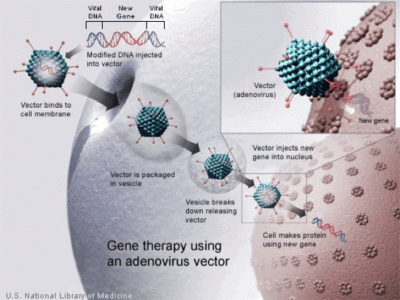Gene Therapy Trial for Choroideremia
In a clinical research study headed by Dr. David Birch, scientists in the Rose-Silverthorne Retinal Degenerations Lab are testing the efficacy of gene therapy in patients with choroideremia. This late stage trial is based on early Phase 1 studies where over 90% of treated patients maintained or improved their vision over a one-year follow-up period. Patients are randomized into one of three study arms: high-dose gene delivery in one eye, low-dose gene delivery in one eye, or no treatment. Patients visit the Retina Foundation frequently following treatment. The goal is to determine how many patients in each group experience a significant improvement in visual acuity, which group shows the best preservation of visual field, and which group has the best preservation of structural integrity.
Without treatment, choroideremia is a relentless x-linked genetic retinal disorder affecting males. Patients typically have night blindness as children, progressive constriction of the visual fields in early adulthood, and total blindness thereafter.

Related Articles
Two New Postdoctoral Fellowships Begin in the Molecular Ophthalmology Laboratory Retina Foundation Completes $3.7M Capital Campaign Retina Foundation 20/20 Video Research Updates New iPad Amblyopia Treatment is a “Hot Topic” Retina Foundation Launches Cutting-Edge Artificial Intelligence Project